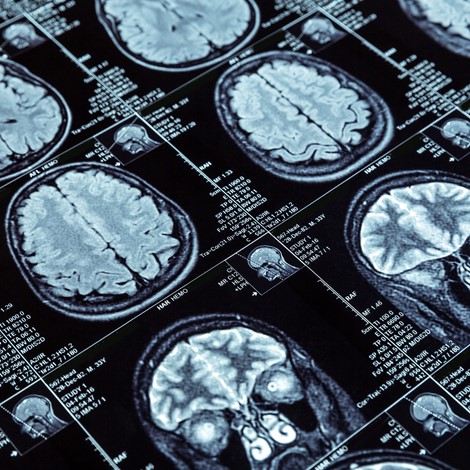Enhancing effectiveness
of oncology
treatment options
In the US, over 20,000 adults and over 3,000 children were diagnosed with brain cancers in 2017. From the first diagnosis their lives will never be the same.
23,880
US adults were diagnosed with cancers of brain or spinal column in 2017
3,560
US children were diagnosed with cancers of brain or spinal column in 2017
35%
average 5-year survival rate for people with cancerous brain or CNS tumors
Enhancing effectiveness of oncology treatment options
In the US, over 20,000 adults and over 3,000 children were diagnosed with brain cancers in 2017. From the first diagnosis their lives will never be the same.
23,880
US adults were diagnosed with cancers of brain or spinal column in 2017
3,560
US children were diagnosed with cancers of brain or spinal column in 2017
35%
average 5-year survival rate for people with cancerous brain or CNS tumors
Diagnosis changes lives
Patients and clinicians are faced with hard choices as to how best to treat brain tumours, as well as how to address the inevitable side effects of the disease and of the various treatment options. Conventional radiation therapies affect areas of the brain unaffected by cancer as well as the diseased tissue; a large proportion of brain cancer survivors suffer cognitive loss due to the treatments that saved their lives. 40% of patients with brain tumours – and 90% of those with tumours due to gliomas – will also experience epileptic seizures.


MEG benefits oncology treatment planning
MEG localizes brain structures linked to important functions and thereby helps to preserve these functions when receiving oncology treatments like radiation therapy or surgery. This assists oncologists to create optimal treatment plans that identify and mitigate functional and cognitive decline. Using MEG in oncology treatment planning can lead to improved treatment outcomes and better quality of life for brain cancer survivors.
The Treatment Pipeline with MEG
Before treatment begins
Combined with MRI, MEG can support the oncologist in assessing the impact of
Enhancing
MEG is used for pre-surgical functional brain mapping to identify the location of the eloquent cortex. MEG can therefore be used to support treatment planning with targeted options, such as proton beam therapy, to minimize neurological deficit.
During and
MEG supports clinical decision making in optimizing treatment planning strategies. It can provide an oncologist valuable insight during ongoing treatment planning. Understanding
*Availability is dependent on regulatory approvals
Contact Us
Address
11772 W Sample Road
Coral Springs, FL 33065
Phone
+1 (954) 341 2965
